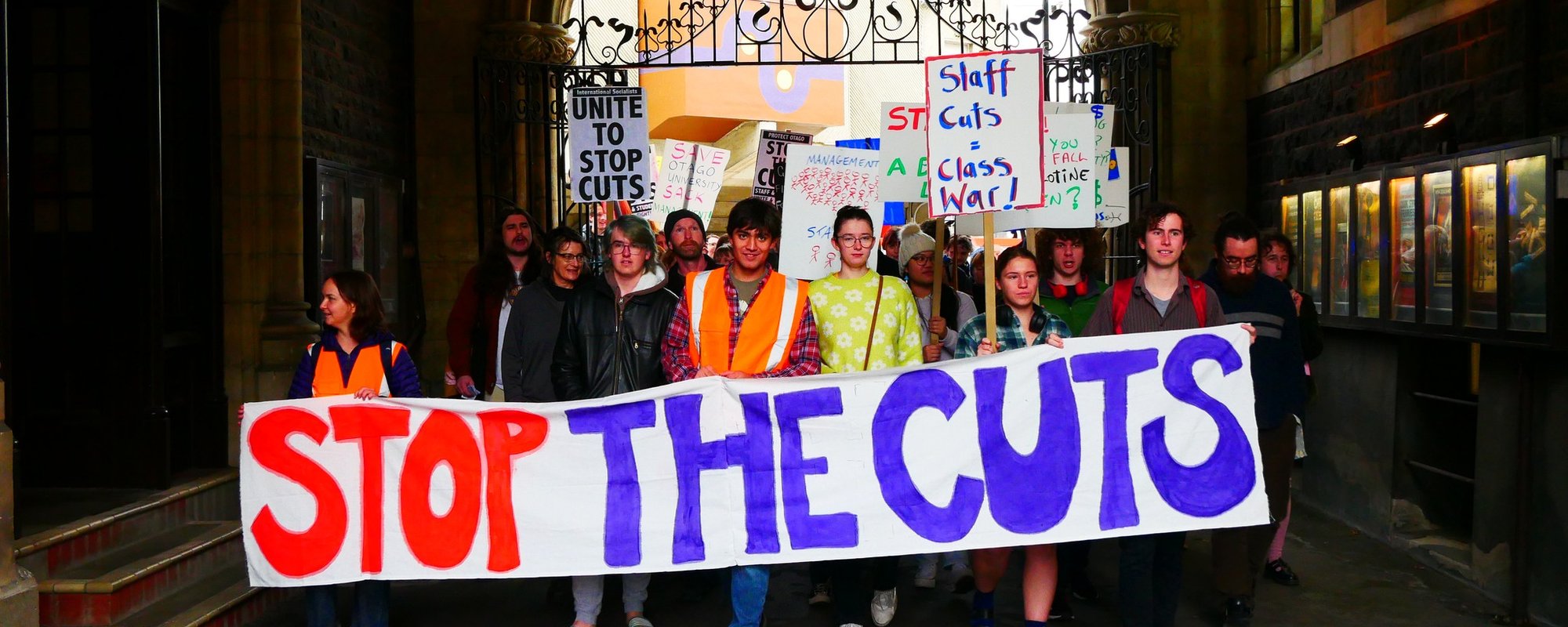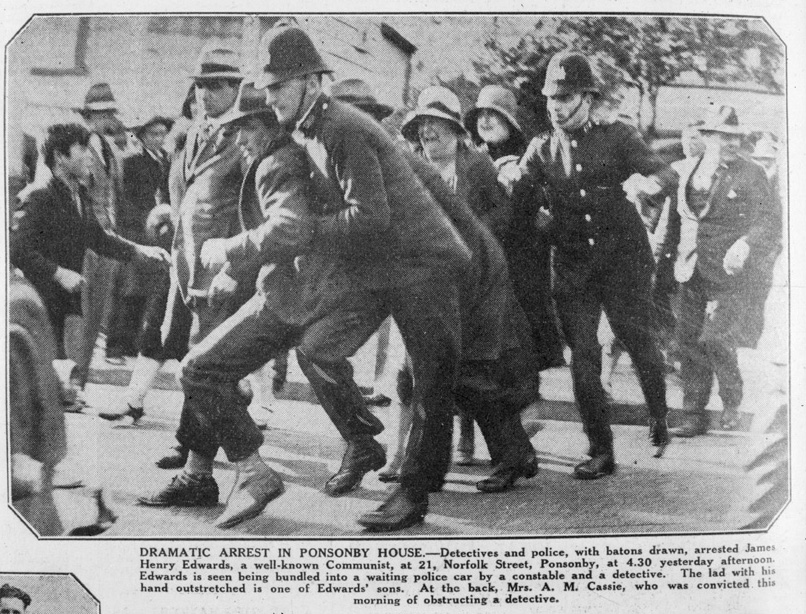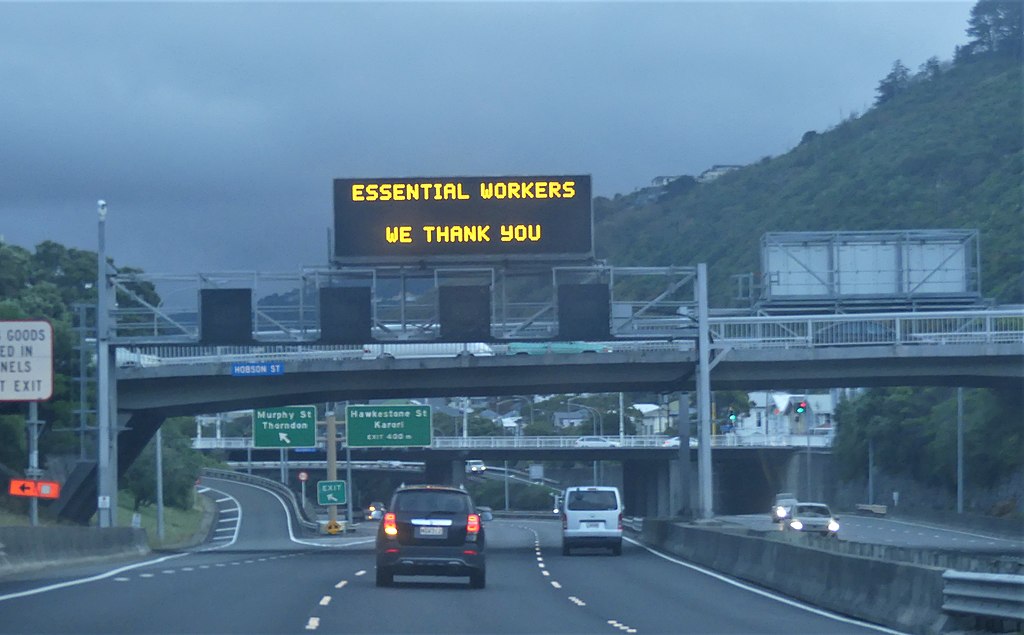The piece below is the ISO’s submission in support of banning the torture known as “conversion therapy”
To the Select Committee,
We support the general intent of this bill, which is to protect queer people from the harms associated with conversion practices. We feel the bill is seriously lacking in the measures it proposes to achieve this intent — we will outline these shortcomings and the amendments necessary to address them below. Even if those amendments are not made to the bill, we would support its passing into law as an initial and partial measure towards ending conversion practices in New Zealand.
We advocate removing the “serious harm” requirement in Section 8 for people over the age of 18. Conversion practices are inherently harmful. The process of proving “serious harm” will necessarily involve traumatic and arduous arguments in court with no certainty of success. The effect of requiring victims to undertake this process can only be to discourage victims from seeking justice, and leave a place for conversion practices in New Zealand society. If Government wishes to prevent conversion practices from taking place in our society, this requirement is a serious obstacle to that project. This might be rectified by removing Section 9, and replacing the title of Section 8, Section 8(1).a, and Section 8(1).b with:
“8 Offence to perform conversion practice on person
(1) A person commits an offence if the person performs a conversion practice on an individual.”
This change could be accompanied by removal of the definition of ‘serious harm’ from Section 4, as the term no longer needs definition. The text from that definition could usefully be included alongside of the statement equating suppression/conversion practices as torture (see our point #6).
Under the bill’s present wording, homophobic or transphobic medical practitioners are left able to carry out conversion practices which fall within their scope of practice. We advocate removing the exemption for health practitioners, or clarifying the exemption to only apply for care which is gender affirming. This could be achieved by rewording Section 2.a: “a health service provided by a health practitioner, in accordance with the practitioner’s scope of practice, that is affirming and supportive of the person’s expression of or exploration of sexual orientation, gender identity, or gender expression; or”.
A possible concern that may be raised in response to decreasing the protections afforded health practitioners, is that this Bill may be used against them in the case they are treating sexual attraction disorders such as paedophilia. We note similar legislation in Germany specifically exempts the treatment of paedophilia. This need not be a concern for this Bill, however. Sexual orientation is already clearly defined in the Human Rights Act 1993 Section 21(1).m as “a heterosexual, homosexual, lesbian, or bisexual orientation.” If any such concerns persist, the same definition could be added to this Bill.
Section 5(1).a should be expanded to include someone who is questioning or exploring their identity i.e., this could be worded as “is directed towards an individual because of the individual’s expression of or exploration of sexual orientation, gender identity, or gender expression; and”. It is important people are given the freedom to explore core aspects of their being free from coercion.
We note the Victoria state legislation against these practices uses the term “suppression” as opposed to “conversion”. We support the use of this term to ensure those who are questioning or exploring their orientation, identity, or expression are covered by this Bill.
Section 12 requires the Attorney-General, who is not appointed democratically, to provide consent for a person affected by a conversion practice to seek justice. If a transphobic or homophobic Attorney-General were ever appointed, this would render this bill essentially void for the duration of their tenure. We advocate removing the requirement for the Attorney General to approve convictions. This could be achieved by removing Section 12 in its entirety.
This bill represents an acknowledgement by Government that conversion practices are widespread in New Zealand and represent a serious breach of human rights. Banning conversion practices is one important aspect of addressing this. Also important is providing support for people who have already undergone conversion practices and who undergo them in future. We feel this bill should address this by including provision of funding for counselling to victims of conversion practices. Within the current healthcare paradigm, this could be effected by a new section worded similarly to the following: “Those who have undergone a conversion practice shall be entitled to full coverage by ACC for costs associated with counselling and any other health services necessary to address harm caused, and support from health services in accessing counselling and other necessary care.”
We would like to see the ‘General policy statement’ acknowledge that conversion therapy (or suppression therapy – see our point #3) is a form of torture. This equation is present in Ecuadorian legislation, and we believe it is both correct and useful for officials to bear in mind during justice proceedings.
This bill gives provision for individuals to be penalised for conducting conversion practices. This is welcome; but in reality, it is often not only individuals but institutions which carry out or support these practices. We advocate the inclusion of a clause whereby the contribution of personnel, a venue, or funds by an institution towards the carrying out of a conversion practice, either with the awareness of that institution’s management or in such a way that the lack of awareness of that management constitutes neglect, should be considered an offense punishable by a fine and, in the case of repeated offenses, by the removal of the status of “charitable organisation” if the organisation in question holds this status.
We note the Victoria state legislation also provides protections against persons being taken out of Victoria for the express purpose of a suppression (conversion) practice. This would be particularly useful to improve the safety of minors. However, we acknowledge proof of such intent would be challenging, and we would be supportive of reviewing the need for addressing this when the legislation is reviewed in 5 years’ time as suggested above.
Sincerely,
The International Socialist Organisation Pōneke and Ōtepoti branches








